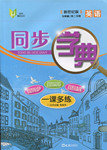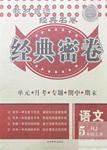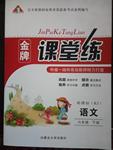题目内容
I am always nervous when I get an email from my parents with "FYI(For Your Information)". My parents are in their late 70s, and while they are quite healthy for their ages, I worry about what messages they are going to give me.
I got such an email in September from my father. He sent an email from my cousin who told that her father, my uncle Reese, had passed away. The news made my mind go blank though I have met him less than a dozen times in my life, because Reese was the first of my parent’s siblings(兄弟姐妹) to die, and I was simply not ready for that.
The memorial service was set in Florida, and I quickly decided I needed to go. I needed to be there for my father, and I needed to go for myself. Reese is about nine years older than my father, and I started to do the math in my head. I know that doesn’t make sense, but I will do anything to reason that I still have a lot of time before I am in my cousin’s shoes.
Reese’s memorial service was small with only family and perhaps a dozen of his friends. The funeral was attended by an even smaller number, and then, the family gathered at a nearby bar to look at old photographs found among Reese’ possessions.
As we drove back to the Orlando International Airport, I thought about how I am not sure what my parents want, not only in their memorial services, but also how they want to be remembered and where they want to be laid to rest. These are going to be difficult conversations, but I know I need to have them. Maybe not right now, but we do need to open the discussion at some point. It may feel too early, but I trust my parents will know that when adult children raise these questions, we do it out of love to honor their lives and their wishes.
1. Why do emails with “FYI” make the author uneasy?
A. She’s too busy to read those emails.
B. She dislikes her parents’ nonstop talking.
C. They often bring unpleasant news.
D. She’s afraid to get bad news about her parents.
2.How did the author feel about the email from her cousin?
A. Disappointed. B. Shocked
C. Confused. D. Annoyed.
3.What do we know from the third and fourth paragraphs?
A. A get-together was held at home.
B. Reese’s friends didn’t appear.
C. Not many people attended the funeral.
D. The author hesitated to go to Florida.
4.What does the author decide to do after the funeral?
A. Express her love for her parents bravely.
B. Have a talk with her parents about death.
C. Value her parents’ wishes.
D. Get everything ready for her parents.
 同步学典一课多练系列答案
同步学典一课多练系列答案 经典密卷系列答案
经典密卷系列答案 金牌课堂练系列答案
金牌课堂练系列答案
